The first year home for a child and his or her adoptive family holds a lot of change, joy, difficulty, patience and love. But one year can make all the difference.
For a child living in an orphanage or foster home overseas, joining an adoptive family often means finally receiving the medical care they need to grow healthy and strong. It means going to occupational or physical therapy to begin to catch up developmentally. It means receiving the love, attention and nurturing care that they went without for so long.
All children have the potential to grow by leaps and bounds with each passing year. But for a child who was just adopted, this growth can be even more profound.
When parents think back to when they first met their child, they often remember a child who was scared and grieving. Maybe their child was sick, or had a difficult time being handed over to people who were — at that time — strangers to them. But in just a year’s time, so many parents say they can’t believe their son or daughter is the same child. With a year’s worth of care and love, they are thriving.
Not everything in an adoptee’s life heals so quickly.
Many special medical needs require lifelong care. And trauma — whether from abuse, neglect or the trauma all adopted children experience from birth family separation and institutionalization — can take much longer, even a lifetime, to heal. But the one-year mark is a major milestone for an adoptive family. They’ve weathered so many “firsts” together, gotten to know one another, and parents have done the hard work of helping their child to heal.
“Most children make incredible progress physically and developmentally in the first year with their adoptive family,” says Marissa Robello, Holt’s clinical social worker. “It doesn’t all happen at once or at the same speed. The child’s age, prior care, medical needs, and genetics are a few of the many factors that determine the rate of catch-up and healing. But regardless of those factors, parents who prioritize building the relationship over developmental progress in the first year set the stage for the longer term growth and healing.”
This is why at Holt, we believe that a family is the best place for every child. Children heal and grow in families. If not their birth family or an adoptive family in their country of birth, then in a family through international adoption. Because there’s no real replacement for the love and care that a family gives a child.
Two families that hit the one-year mark recently are the Maynard family and the Presnell-Sekula family. While their children come from different countries and have faced different challenges, both of their mothers say that their first year home has been transformational.
Nighttime Grief and Bedtime Bonding
Laurel Maynard | Prai’s Mom
Overall, Prai adjusted well to my husband and me and to the adoption in general. The greatest exception to that statement was the “nighttime grief” that she experienced. It started the night we took custody. I will never forget the sound of her screaming for her foster mother. Over and over and over. She wasn’t screaming and crying out of defiance, it was pure sorrow and heartache. These episodes occurred every night we were in Thailand.
When we returned home to the U.S., Prai transitioned so wonderfully during the day. She was bonding well, trying new foods and exploring new places. But as soon as she went to sleep, the crying and screaming began. She rarely woke up during the episodes but, as our social worker helped us understand, she was displaying her grief at night when she was most vulnerable. The nightly episodes continued for the first seven to eight months home. The only exception being that she was now crying out my name in place of her foster mother’s.
To comfort her, we let her sleep in bed with us and she usually slept on top of me — clinging to me with all her strength. Sometimes, I would awaken and find her laying on my back with her arms clasped tightly around my neck. We continued to show her love and reassurance during both day and night. As the months passed, the episodes gradually began to lessen, until around nine months home we no longer heard the screams.
Today, her bedtime routine is so important and a time that both Ryan and I cherish. It’s the same routine we began on our first nights with Prai, and have continued every night since then. We start prepping for bed with bath time, and end with Daddy reading Prai a story. Daddy always reads and even now Prai will say, “Daddy reads and Mommy rocks!”
Since Prai hasn’t let her dad be very hands-on with bedtime, using story time as his role has been crucial. She looks forward to reading with Daddy and it helps keep him involved. Once she falls asleep, we cover her with a light weighted blanket. I think the weight helps her feel more secure and she wakes up less, which ultimately means she sleeps deeper and more continuously. I swear by that blanket!
Now, after a year home, we only experience issues at night when we have been somewhere new or significantly deviated from our routines.
Despite the difficulty of those first months, the nighttime grief was so important for us as a family. Ryan and I were reminded that even though we witnessed laughter and smiles during the day, she was still adjusting and working through her grief.
For our daughter, the nighttime grief was so important because she finally allowed us to comfort her and to see that we were going to be there each and every time with open arms.
A Heart Full of Kindness and Compassion
Jade Presnell | Micah’s Mom
When Micah first joined our family at 5 years old, he didn’t have any school experience. So initially, he had a lot of trouble following the school routine and sitting and paying attention. He struggled to interact with peers in a positive way. And although he has always been social, he has worked hard to overcome his fears and build up his confidence to make friends.
One year later, Micah’s development has amazed us. He has worked so hard and has been an absolute joy to our family.
Now he is in kindergarten and absolutely loves school. He can sit for an entire lesson and loves to learn. He is working on mastering writing his name, can count to 5, and is learning his letters.
He was recently nominated for a value award at school. His teacher wrote, “Micah has a heart full of kindness and compassion. He is very caring and cheerful.” Micah has come a long way in learning how to be a kind and caring friend.
Micah’s language development continues to leave us in awe! He is putting words together and even recently started asking us questions, like, “What you doing?” and, “Why you laughing?” He is very talkative, works hard to express himself, and enjoys using his flashcards and music to learn new words.
He has had so many new experiences over the last year and is always up for an adventure! Micah enjoys boating, swimming, visiting the beach, riding bikes, playing in the snow, attending gymnastics class, listening to live music, and walking his dogs. He enjoys staying active and does not shy away from new experiences.
Micah’s independence has really grown over the last year. He enjoys doing things on his own and being a helper. At home he enjoys helping with feeding the dogs, laundry, dusting, wiping down the table, and putting his toys away. He also likes to independently brush his teeth, carry his backpack, put on his shoes, zip up his coat, and let the dogs in and out.
He has changed so much in just one year.
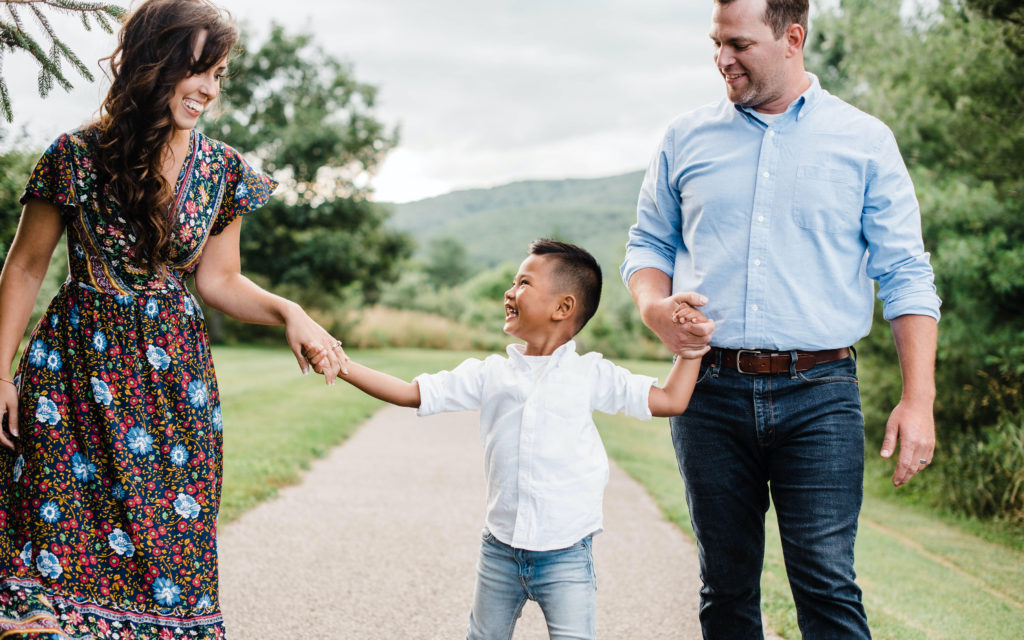
Learn More About International Adoption
We work with families in all 50 states to find loving homes for children from 11 locations around the world!
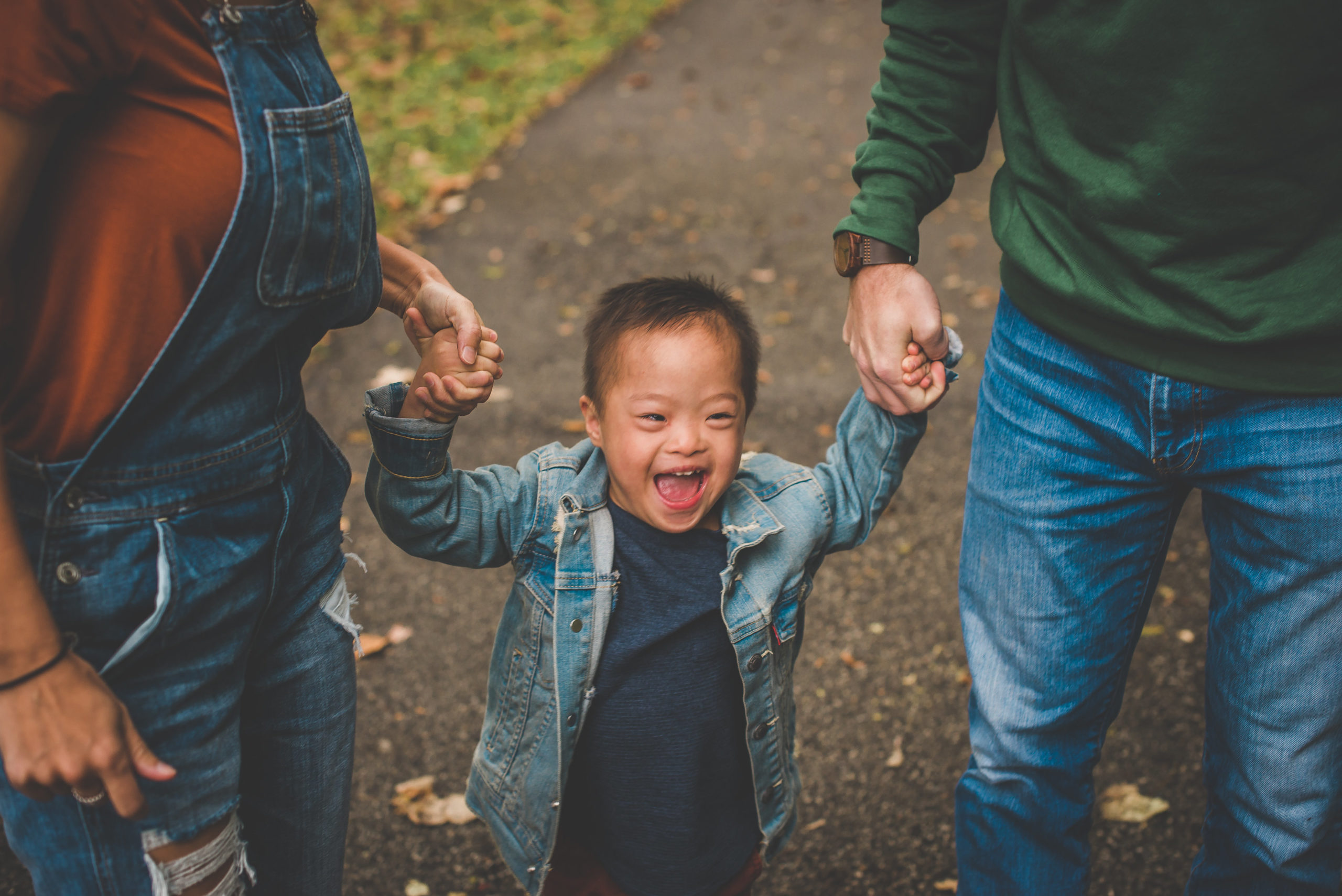

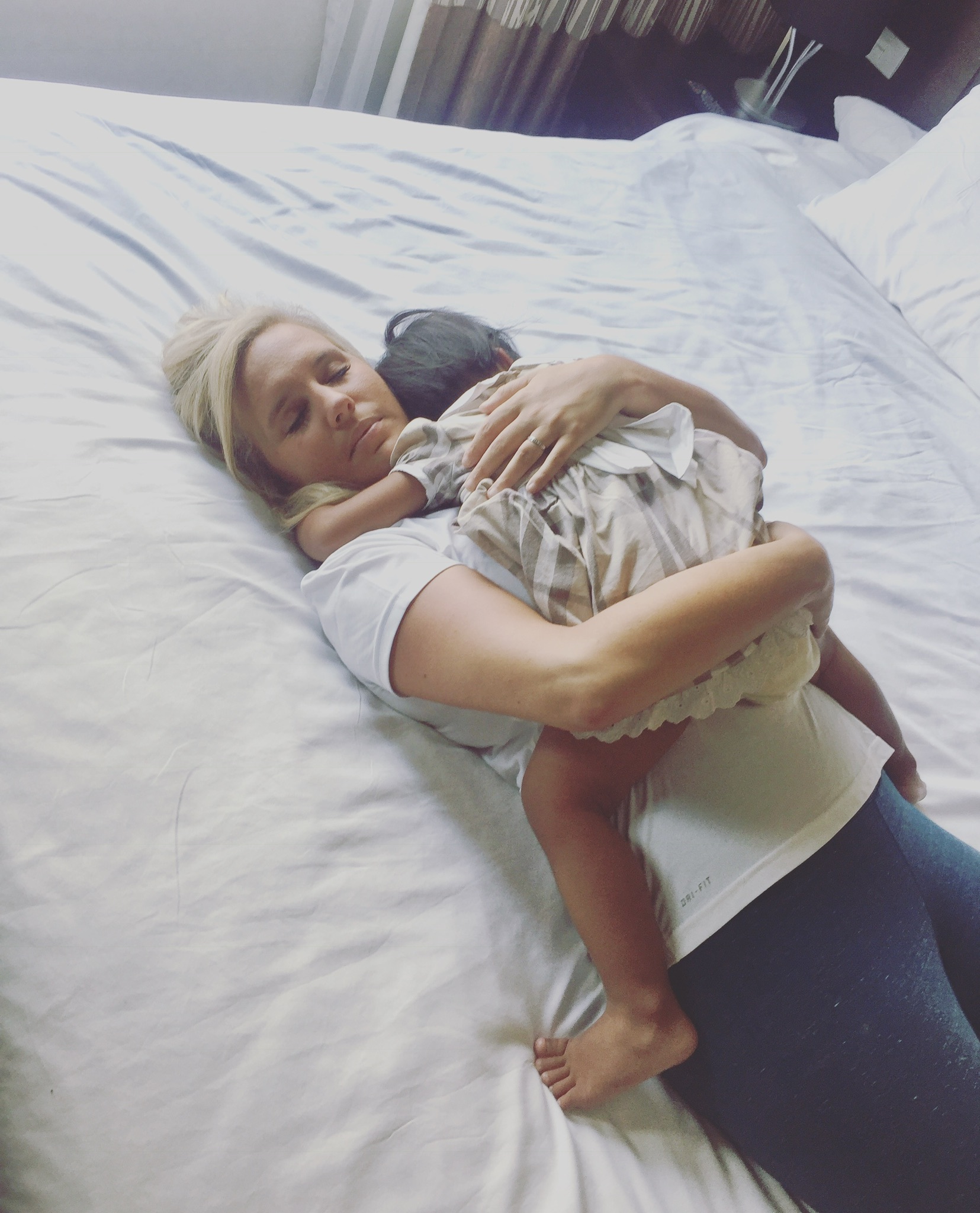


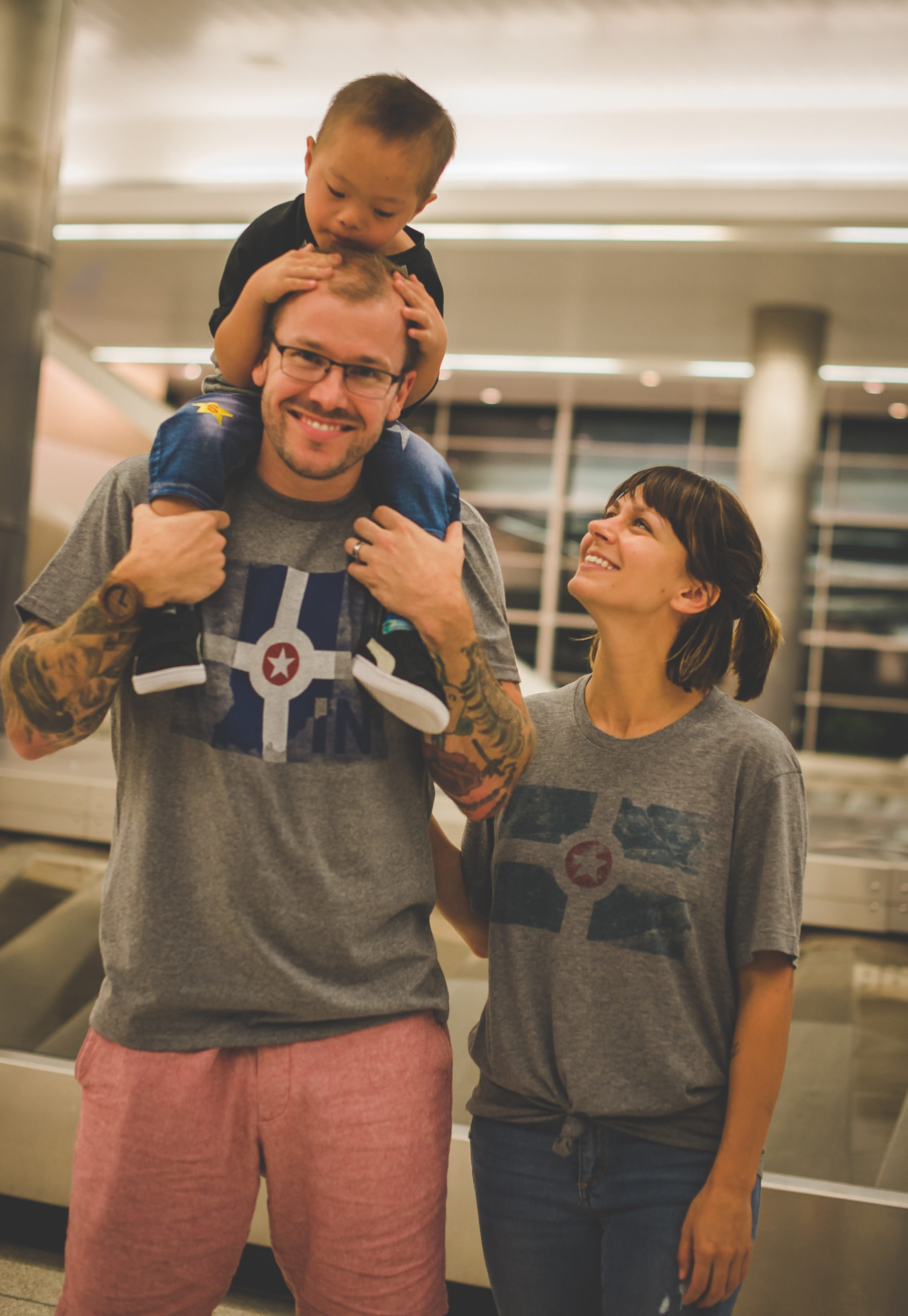
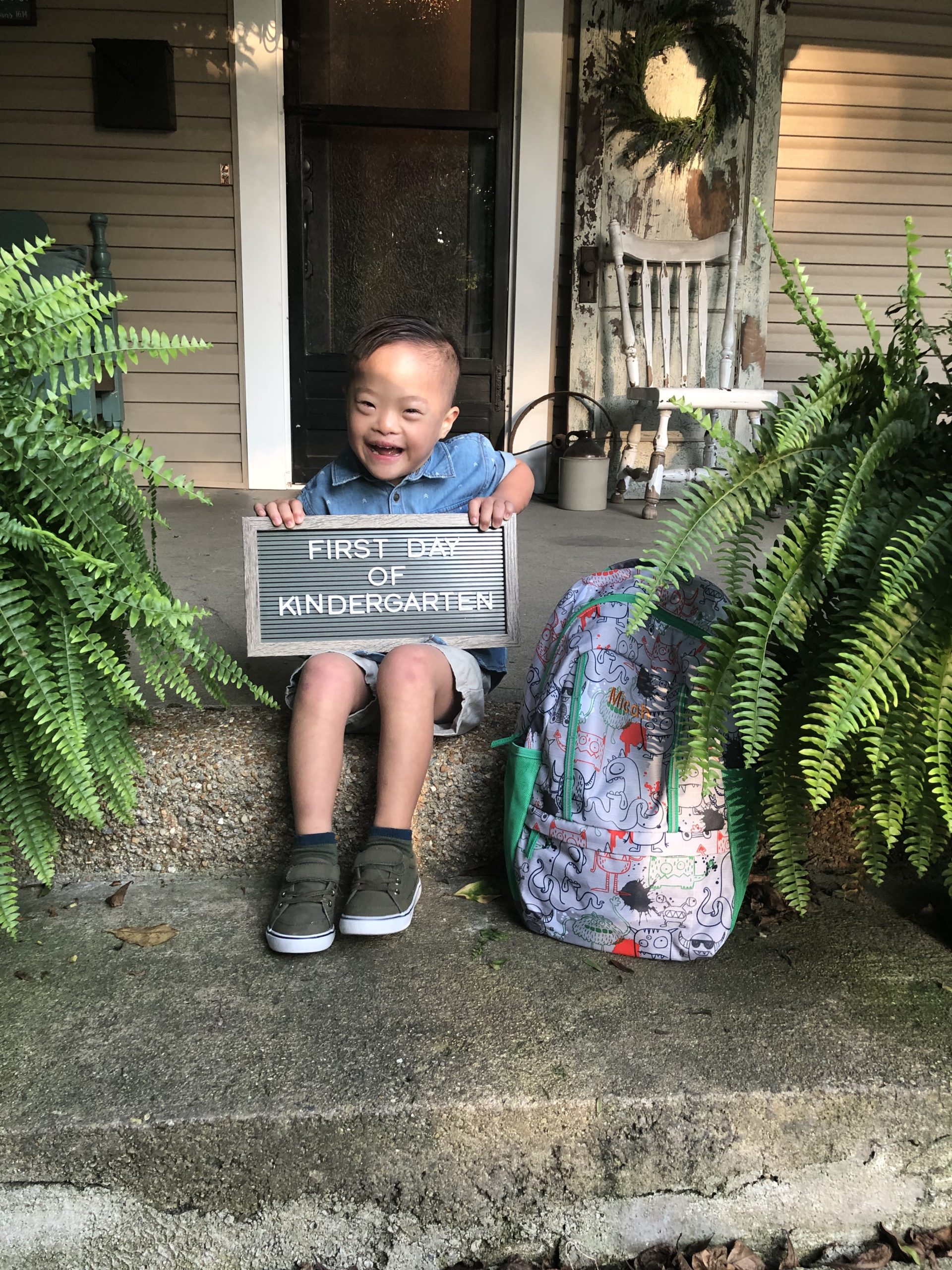
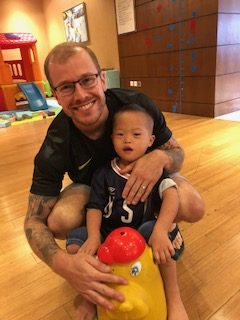
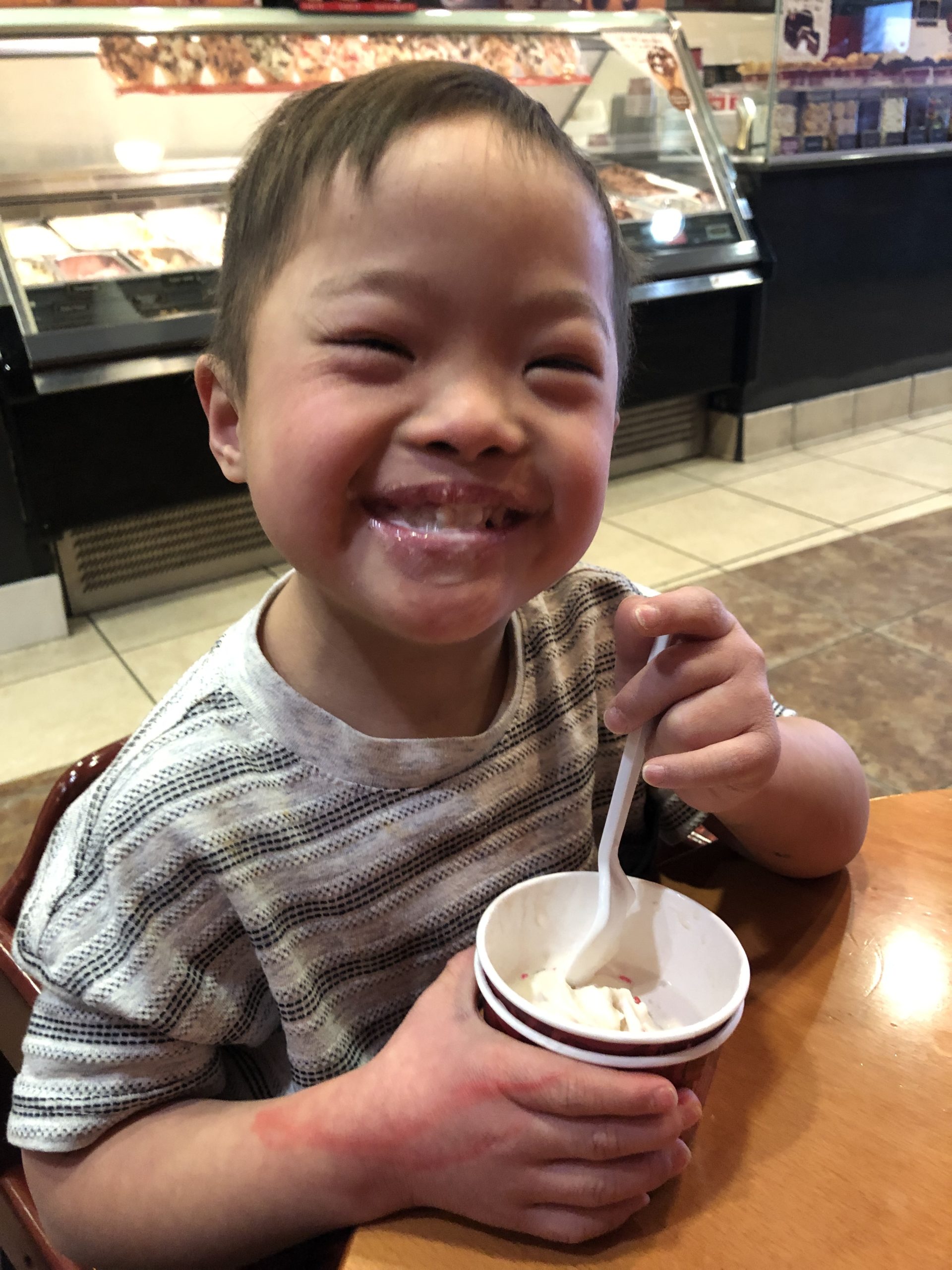
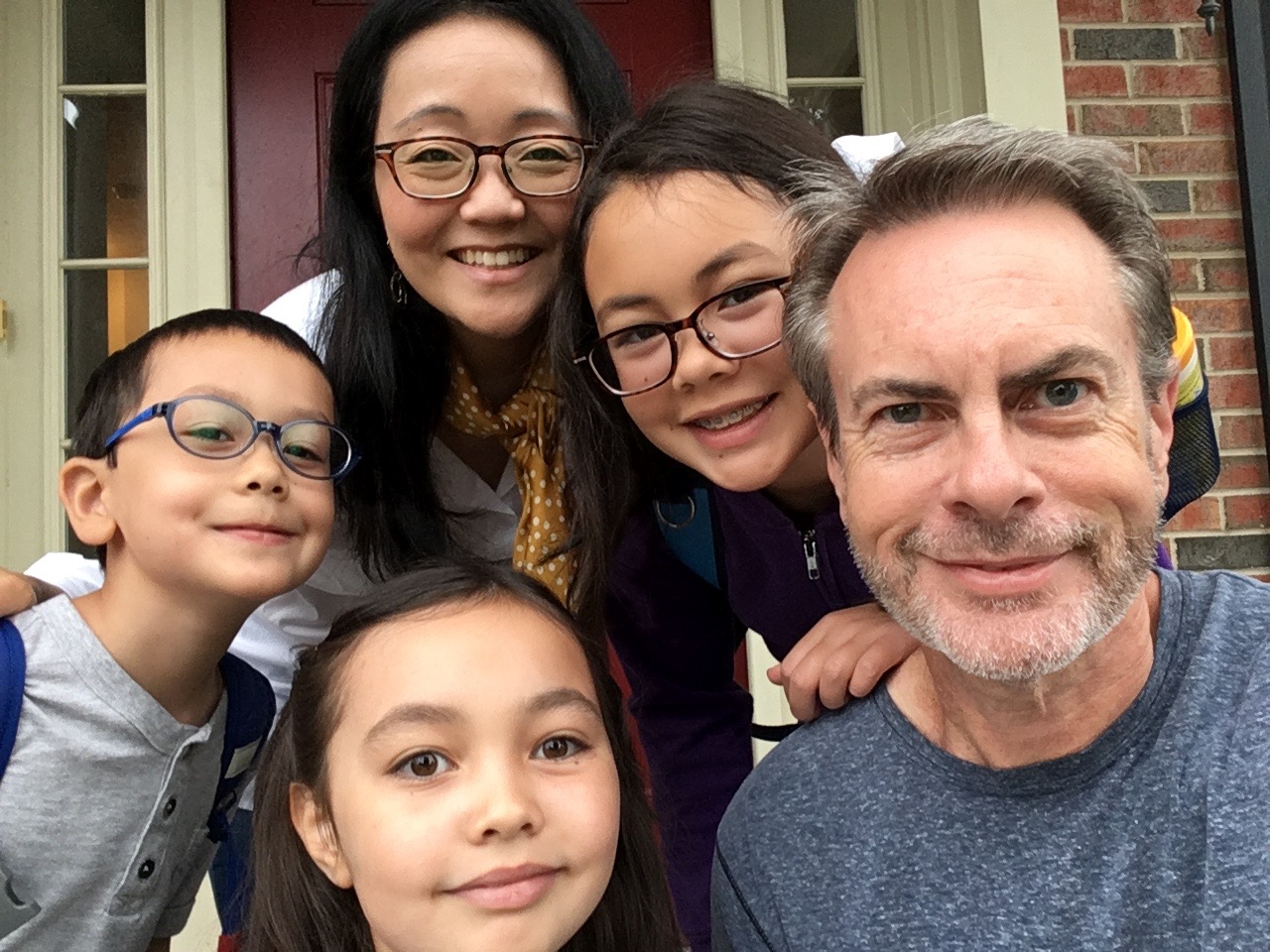

We have 2 adults sons with Down syndrome, adopted through Holt. Thank you for adopting Micah. He will bring you such joy!